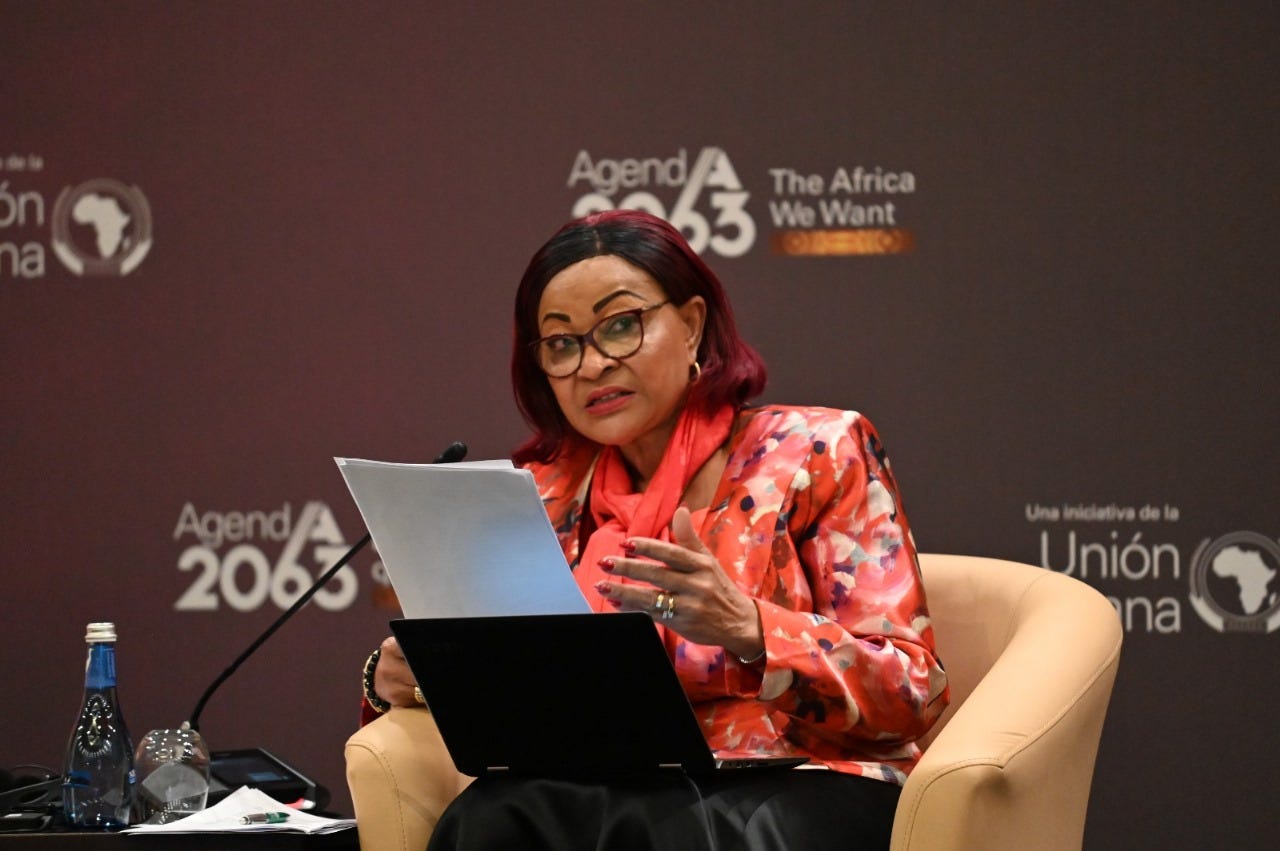#CLPA2023- Land-based sectors crucial for Africa - ECA Chief
The goal is to promote land rights and ownership among women and youth in agriculture, enabling them to maximize the trade opportunities provided by the African Continental Free Trade Area (AfCFTA)

ADDIS ABABA, Ethiopia (Planet Defence) – At the Conference on Land Policy in Africa, experts have been called upon to devise robust land policies across the continent, writes Michael Phiri from Addis Ababa, Ethiopia.
Clever Gatete, the Executive Secretary of the United Nations Economic Commission for Africa (ECA), emphasized this during his speech delivered at the conference’s inauguration in Addis Ababa, Ethiopia, on Tuesday, November 21, 2023.
He stressed the crucial role of land-based sectors in trade and the realization of AfCFTA's potential. Gatete highlighted its capacity to lift around 30 million people out of poverty and boost Africa’s income by $450 billion.
Gatete said: “This is significant in view of the youth bulge and opportunities of ever-accelerating digitalisation, including in land-based sectors such as agriculture.
"In addition, there is great potential for youth to tap into the growing agriculture and agribusiness sector, projected to reach US$1 trillion by 2030. This is a low hanging fruit, given that most of Africa’s youth, about 40-60 percent of them are already engaged in agriculture and agribusiness."
He emphasised that sound land governance systems are, therefore, essential to facilitating youth, women, communities, and the private sector to engage and benefit from AfCFTA and digitalisation.
"Good land governance promotes secure access to land, and creates an enabling environment for investments that are key to unlocking the productive capacities of Africa.
"Good land governance will support agro-industrial parks, infrastructure and renewable energy, all needed ingredients for industrialisation and trade," he noted.
Trade Facilitation
Gatete further said at the regional level, harmonisation of land and related policies in light of the protocol on investment and other trade-related protocols are key to facilitate cross border movement of people, regional investments and trade.
"Continental and regional institutions are therefore key to ensuring coherence in regional aspirations for trade and investments; and underlying policy and regulatory environment, including in the land sector, " the ECA chief pointed out.
African Union Commissioner for Agriculture, Rural Development, Blue Economy, and Sustainable Environment Josefa Leonel Correia Sacko concurred with Gatete, saying addressing impedments to land governance on the continent was crucial if Africa was to fully benefit from the single market of over 1 billion and highlighted the need for the experts to recognise the intrinsic link between land policies and regional economic integration.
She said: "The AfCFTA presents a transformative opportunity for intra-African trade, industrialisation, and economic growth, and coherent land governance is fundamental to realising its full potential. Encouraging secure land tenure, facilitating access to land for productive activities, and harmonising land administration systems will underpin the success of the AfCFTA and foster inclusive development across the continent."
Noticeable momentum
Sacfo however, told delegates that, so far, she was pleased that there has been a noticeable momentum in the implementation of policies aimed at fostering sustainable land administration practices.
Sacko said the commitment and collective effort from all stakeholders in the land sector have contributed to the formulation and enforcement of policies that seek to promote equitable access to land, protect land rights, and ensure the sustainable utilisation of land resources.
She explained: "One significant area of progress pertains to the advancement of women's land rights, in alignment with the African Union's agenda on land.
"The commitment to securing women’s land rights has gained significant attention and has translated into concrete actions across various member states."
Sacko went on to commend efforts made by Tanzania, Democratic Republic of Congo, Guinea and Malawi to assess women’s rights to land in policies and laws and take action to address gaps identified.
"Through targeted policy interventions, legal reforms, and awareness campaigns, we have witnessed tangible progress in elevating the status of women as key stakeholders in land governance.
"The African Land Policy Centre [ALPC] has started the process of developing the continental strategy for integrating gender within national land sectors and I hope that deliberations during this conference will contribute to this process," the AU Commissioner said.
On her part, Uganda's Minister of Lands, Housing and Urban Development, Judith Nabakooba also appealed for innovative solutions to the challenges Africa faces in land governance.
"Uganda is committed to contributing its experiences and insights to the collective wisdom of the African Union land agenda. Our perspective is shaped by the belief that effective land management is not just a matter of policy; it is a cornerstone of sustainable development that directly impacts the livelihoods of our citizens," she said.


